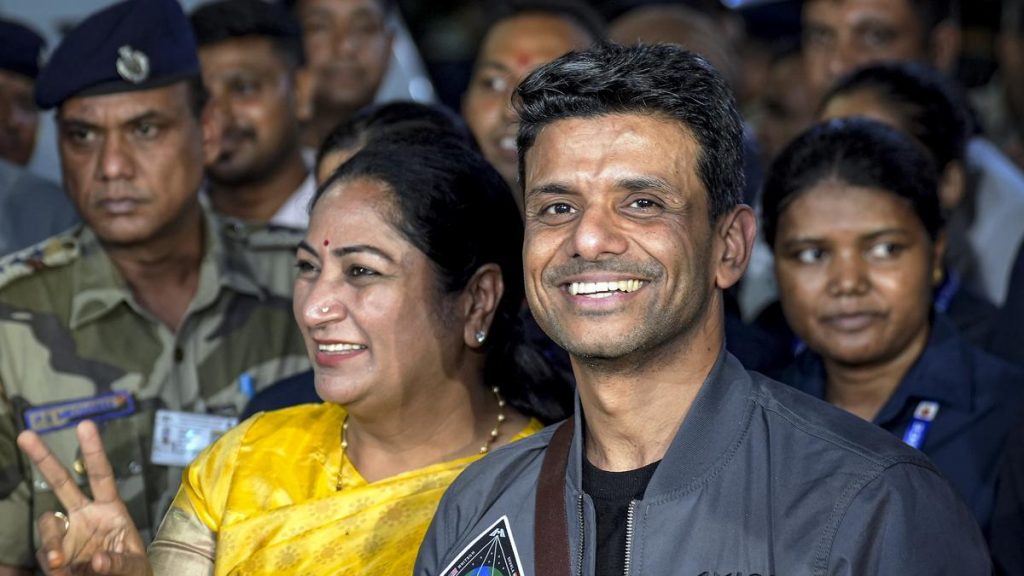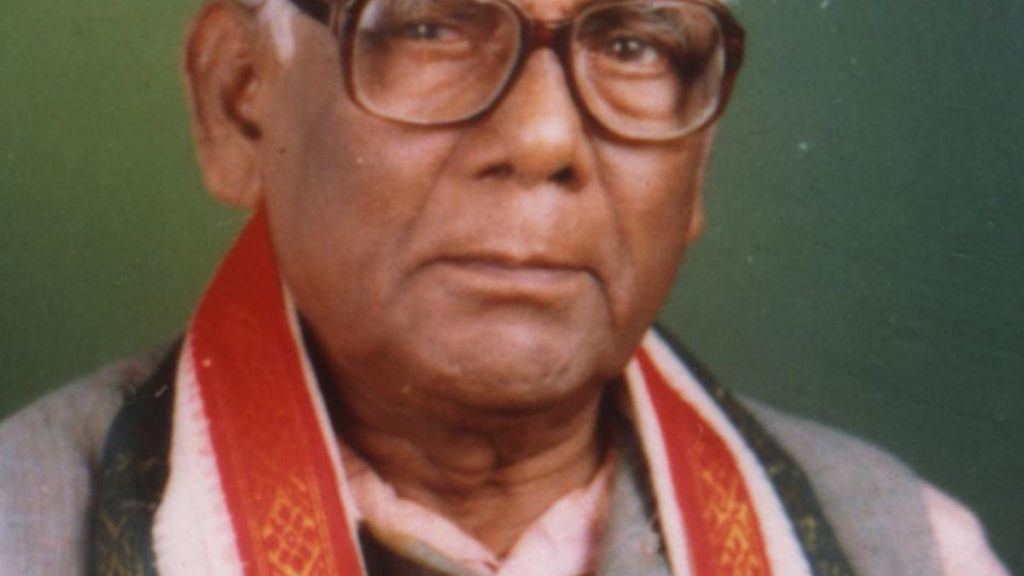Now Reading: Ancient Human Species Coexisted 2.8 Million Years Ago
-
01
Ancient Human Species Coexisted 2.8 Million Years Ago
Ancient Human Species Coexisted 2.8 Million Years Ago
Swift Summary
- Fossils discovered at the Ledi-Geraru site in northeastern Ethiopia reveal that Australopithecus and early Homo species coexisted around 2.8-2.6 million years ago.
- The fossils include 13 teeth, suggesting complex human evolution where multiple hominin species shared the same landscape, rather than a linear progression from one genus too another.
- Volcanic ash layers helped date the fossils precisely, emphasizing the significant role of geological techniques in paleoanthropology.
- Researchers aim to analyze tooth enamel further to understand dietary habits and environmental context regarding possible competition between Australopithecus and early Homo.
- Experts highlight that more fossil evidence is needed to uncover deeper insights into interspecies dynamics and differences between genera like Australopithecus and Homo.
Indian Opinion Analysis
The finding underscores the complexity of evolutionary pathways, challenging simplistic views of human ancestry while opening new questions about how multiple hominin species interacted with each other geographically and ecologically. India can view such advancements as a reminder of its potential role in paleoanthropological studies-being home to ancient tools relics dated over 1.5 million years old-and perhaps expanding its contributions through systematic research in evolutionary sciences on regional sites like IndiaS Siwalik Hills or Narmada basin zones containing prehistoric fossils.
Global collaborations involving Indian scientists coudl deepen insights into broader evolutionary timelines while fostering awareness about India’s fossil heritage among global academic communities-a scientific domain deserving more purposeful investment.
























